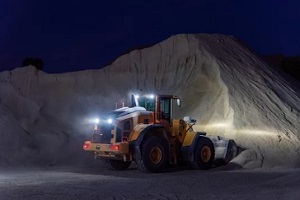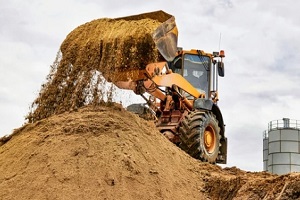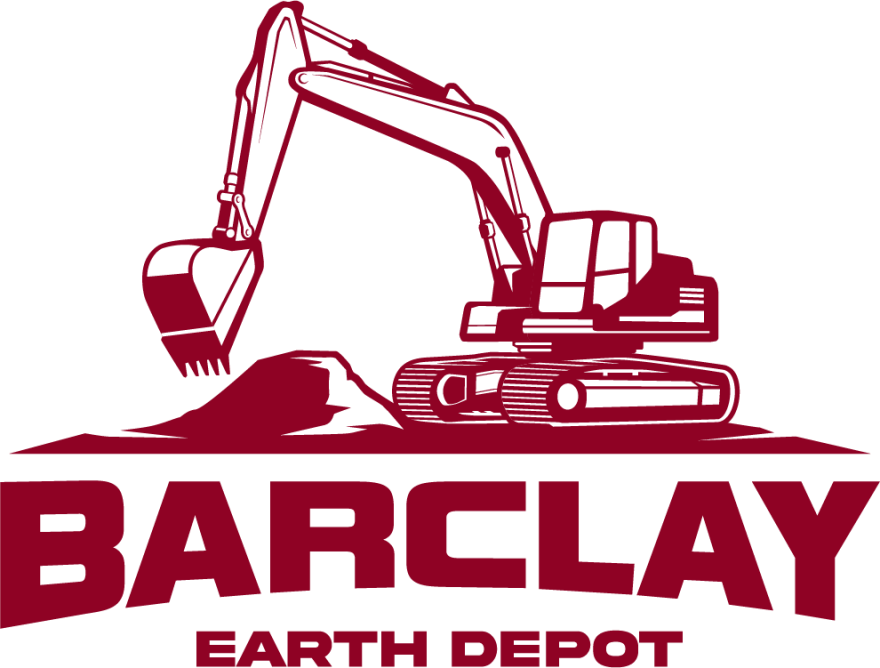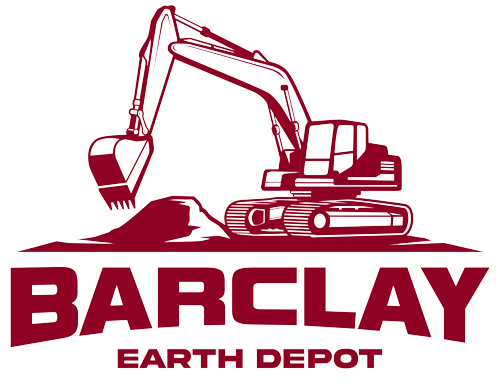 The cornerstone of any Florida construction project lies in the detail of its foundation, specifically the type of sand used. Choosing the correct construction sand is trivial and crucially essential – the choice between concrete sand or mason sand can significantly influence the overall robustness of a structure.
The cornerstone of any Florida construction project lies in the detail of its foundation, specifically the type of sand used. Choosing the correct construction sand is trivial and crucially essential – the choice between concrete sand or mason sand can significantly influence the overall robustness of a structure.
A Quick Look at Construction Sand
Sand is a granular material integral to producing concrete, mortar, and numerous other building materials. From a foundation’s solidity to a building’s overall longevity, the efficacy of any project significantly relies on the quality and type of construction sand used.
However, differentiating between various sand types can be challenging. To simplify, let’s look at two prevalent variants: concrete sand and mason sand.
Concrete Sand
As its name suggests, concrete sand is mainly used to produce concrete. Characterized by its coarse texture and granules that span up to 3/8 inch in size, concrete sand—also known as sharp sand—derives its name from its sharply contoured particles. These enhance bonding in cement and are integral to ensuring a well-packed foundation.
Concrete sand forms the backbone of infrastructural projects requiring robust stability. As it also includes pebbles, its application in block fills and the production of concrete blocks remains unparalleled. Despite these positives, concrete sand’s rigidity could challenge absorbing natural shifts in buildings. Additionally, its coarse texture may not suit projects requiring a refined finish.
Mason Sand
At the other end of the spectrum, mason sand, colloquially termed bricklayer’s sand, is synonymous with finesse. Creating its fine granulation involves the crushing and meticulous screening of larger rocks. Mason sand is frequently used in masonry as an adhesive between bricks and blocks.
Mason sand takes center stage in projects requiring refined precision. Its smooth granules are perfect for plastering, paver installations, pool projects, and children’s play areas. However, its fine texture may not be ideal for projects involving heavy loads. Also, the moisture-retaining property of mason sand could pose a challenge in Florida’s humid climate.
Factors to Consider in Selecting Suitable Construction Sand
 When it comes to construction sand, choosing between mason and concrete sand hinges on several crucial factors.
When it comes to construction sand, choosing between mason and concrete sand hinges on several crucial factors.
Tailoring the Sand to the Project
Each project has unique requirements and demands. Concrete sand is usually the preferred choice due to its superior compaction and stability. Alternatively, mason sand, with its seamless texture, is often preferred for projects requiring superior aesthetics.
Material Compatibility
Equally important is the compatibility of the chosen sand with the project’s other materials. Aligning your sand selection with the cement, aggregate, and admixtures utilized in the project is crucial. Compatibility can drastically influence a structure’s durability, requiring less maintenance as time passes.
Harnessing Workability
How straightforward a material is to work with—its workability—can significantly sway your decision. While mason sand’s fine grains may offer more straightforward handling in detail-oriented tasks such as plastering, concrete sand might be better suited to projects requiring a solid foundation because it is so easy to compact.
Respecting Local Environmental Conditions
The local climate and environmental conditions influence the choice of sand. Florida’s humid climate and high rainfall are decisive factors, especially in outdoor projects such as patios and walkways.
Visual Appeal and Aesthetics
For projects where visual appeal matters, the consistency of Mason Sand may be preferable. Though seemingly minor, color and aesthetics should be considered. The concrete or mason sand’s color will influence other elements’ colors, be it the pavement, patio, or building.
Taking Stock of Availability and Costs
The question of availability and affordability is equally essential. Various factors affect the cost of both types of sand, from geographical location and delivery charges to seasonal demands and quantity required.
The Importance of Construction Sand for Florida Construction Projects
Florida’s unique coastal and humid climate make construction sand a critical ingredient in the longevity and integrity of local structures. The drainage efficiency of concrete sand, coupled with its rigid, coarse granules, offers a firm base for structures and a safeguard against the state’s frequent floods and heavy rainfall.
Conversely, the refined finish of mason sand renders it perfect for aesthetic detailing in paving stones, plastering, and recreational areas.
Harnessing the Potential of Construction Sand for Successful Projects
Consider the following when seeking the ideal construction sand for your project:
 Safeguards and precautions: Ensure the sand is thoroughly washed to prevent potential corrosion or harmful effects from salt or other organic substances.
Safeguards and precautions: Ensure the sand is thoroughly washed to prevent potential corrosion or harmful effects from salt or other organic substances.- Optimizing sand usage: Consult professionals regarding the required quantities to balance structural stability and cost-effectiveness.
- Ensuring quality: Always source sand from trusted suppliers. High-quality construction sand will encourage the creation of durable structures and save you from unnecessary repair and maintenance costs in the long run.
Achieve Construction Excellence with Barclay Earth Depot’s Construction Sand
Choosing between concrete sand and mason sand for your project in Florida depends on your specific needs and the local weather conditions. However, expert advice can always help you make the best decision.
Barclay’s Earth Depot sand experts can help streamline your decision-making process, optimize costs, and provide top-quality concrete and mason sand that perfectly fits your needs. Contact us today at (941) WE-DIG-IT or online, and let’s work together to ensure the success of your construction project.

